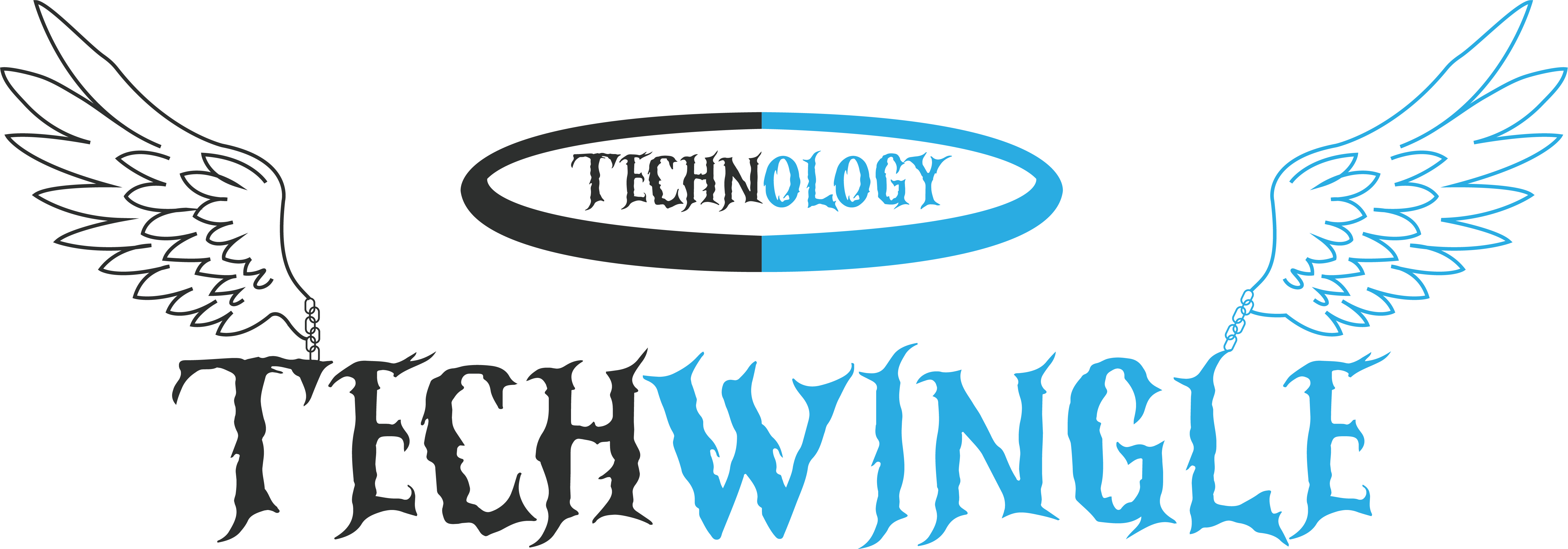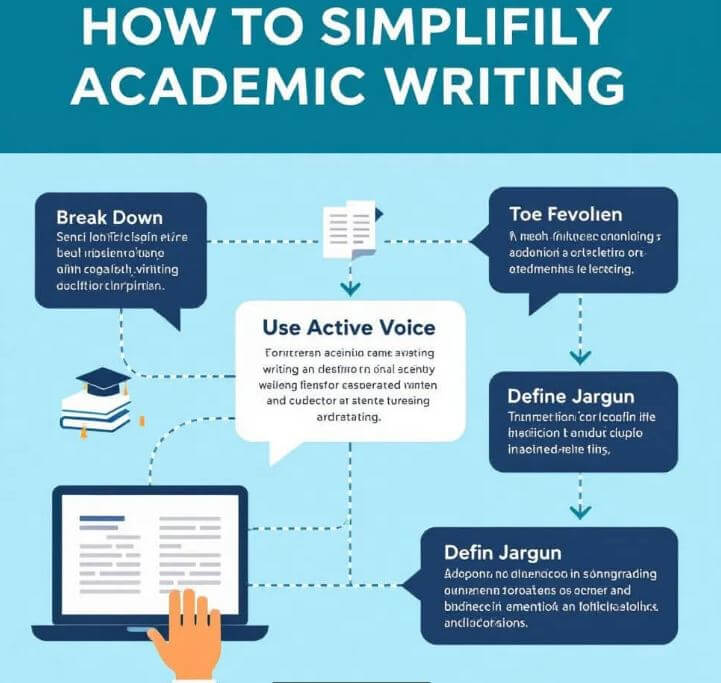Are you a student struggling to explain complicated concepts in your assignments? Academic writing is a difficult task that involves simplifying complex ideas. It cannot be completed without explaining technical terms and processes.
However, this gets a bit tricky when you need to elaborate on technical topics in assignments. Many lack the skill to make difficult processes easy to understand. This is why many students struggle to score well on their assignments.
If you’re confused about how you can make your writing clearer, here’s a guide to help you.
How To Simplify Complex Processes In Academic Writing:
Here are some steps you can take to make your explanations easier to understand.
-
Understand the topic:
Before you explain something, you need to understand it yourself. You cannot make it easier without having an idea of it. Read up on the concepts and identify the main points.
Take notes and check for any unfamiliar words. Having a clear idea in your mind will enable you to explain it effectively to your reader. You can also take cipd assignment help for this.
-
Know your audience:
The next step is to identify who you’re talking to. Do readers already know about these processes, or are they completely new to them? These questions will help you decide the amount of context and details you need to provide. This ability to adjust to the reader’s needs will set you apart from the others.
For example, if you’re working on a paper for the general public, use simple terms. On the other hand, if your target audience is experts in your field, use specific terminology.
-
Use Simple Language:
The best way to make things easier to understand in academic writing is with plain language. Write clear, short, and direct sentences. Avoid unnecessary words and passive voice. Here’s a visual representation of a recent study that explored mistakes that negatively impact academic papers
Don’t write long sentences; it will lower the readability of your work. People don’t have the attention span to focus on long sentences. Short ones are easier to read. However, don’t oversimplify or fail to explain the concept because you want to keep the vocabulary clear.
-
Breakdown the Topic:
The biggest challenge students face is clarifying ideas and presenting them as a whole. Sometimes, the concepts can be too complicated and easily overwhelm you. This is why you should break them down into smaller parts. When you deal with them one by one, explaining becomes easier.
You can do this by giving an overview or introduction to the topic. Identify the key components and break them down into headings and subheadings, bullet points, or numbered lists.
-
Focus on Structure and Organization:
The best way to achieve clarity in writing is by using different sections. Readers don’t want to see large and disorganized text. The sentences need to be arranged in a logical order. This is important, especially for technical processes.
Organize your work into different parts. You can do this by including an introduction, main body, and conclusion. This will help present the main ideas in a clear and concise manner. It will also provide readers with a direction to follow for developing arguments.
-
Use Visuals:
Oftentimes, text isn’t enough to explain technical concepts. This is why you should use images, tables, and charts in your assignment. It will enhance the standard of the work.
If the concept is technical with multiple steps, you can use a flowchart or diagram. People find it easier to comprehend information. So using visual aids will improve the standard of your work.
Steps for Clear Academic Writing
Now you know how to explain complex topics. Here is how you can write an impressive assignment.
-
Understand the Requirements:
Read the guidelines provided by your educational institution carefully. Take notes of specific details so you don’t forget about them. Ask your instructor for clarification if anything confuses you.
-
Research and Plan:
Consult different sources to collect relevant information about your topic. Verify the accuracy and credibility of the texts you cite.
Once you’ve gathered data about your idea, plan your writing. Come up with a detailed plan about how you’re going to explain the concept. This will allow you to make consistent progress.
-
Create Smaller Tasks:
It can be overwhelming to deal with a long paper all at once. Divide the paper into smaller sections so it becomes easier to deal with concepts. Dedicate time to each section according to its importance.
Set clear goals and manage your time effectively to achieve them. Here are some time management tools you can use.
-
Develop an Outline:
Create a detailed outline before you start working. Include an introduction, body paragraphs, and conclusion. This structure is similar to that of research papers. You can contact a dissertation writing service to help you come up with a structure.
Think about what you’re going to discuss in each section. Don’t forget to add a strong thesis statement.
-
Proofread and Edit:
Once you’re done with your work, carefully read it to spot mistakes. It’s easy to overlook errors while working. This is why proofreading by any PHD Qualified is an essential art of academic writing.
Look out for the following mistakes to improve your paper:
- Spelling Errors
- Grammatical Mistakes
- Typos
- Wrong Sentence Structure
Conclusion:
Simply explaining complex processes is something many seem to struggle with in academic writing. By following these steps, you can ensure clarity in your work. Understand the concepts yourself. Use simplified language and a clear organization to make the concepts easier to understand.
Additionally, you can use visuals to effectively communicate complex topics. This will engage your readers and make the assignment. Remember to keep your audience in mind. This will significantly improve your writing quality.
Read more on Tech Wingle











